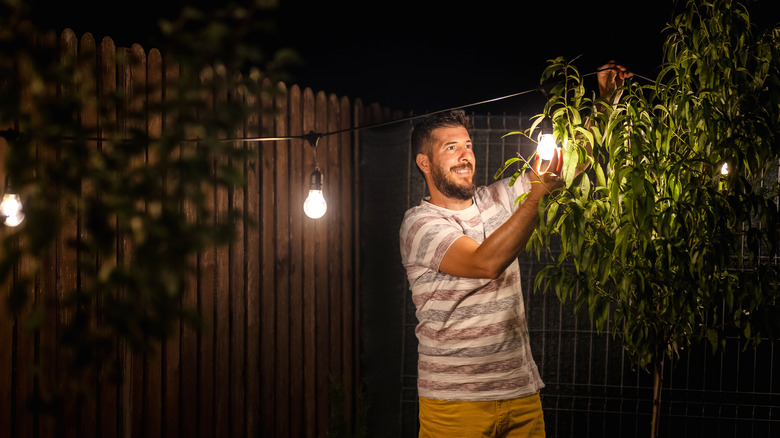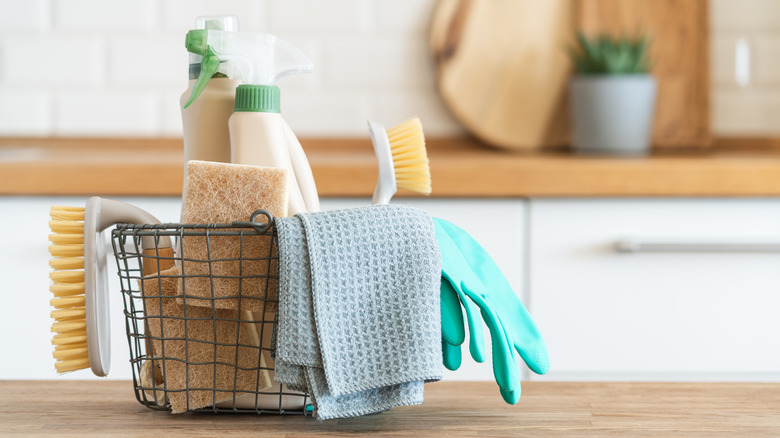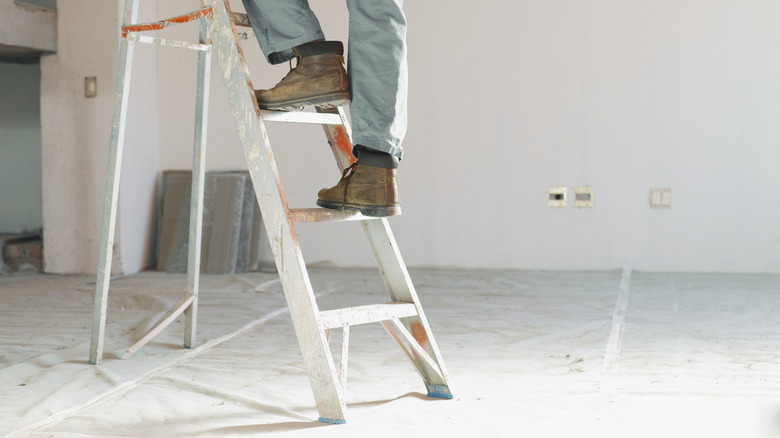The Best Way To Clean Mold Off Your Outdoor String Lights
Outdoor string lights, while an aesthetic addition to patios and gardens, can often become mold breeding grounds due to their constant exposure to the elements. The presence of mold reduces the visual appeal of the lights, can pose health risks, and lead to long-term damage to the lights themselves. To prevent these issues, it's crucial to address mold growth promptly. This can be effectively done using a cleaning solution comprising 70% water and 30% vinegar, which is beneficial for mold removal.
However, before you begin cleaning, it's essential to check the water resistance of your lights. Not all string lights are created equal; some may deteriorate if immersed in water. Ensure your lights are labeled as water-resistant or waterproof before cleaning. This precaution is crucial in preserving the longevity and functionality of your outdoor string lights. Regular cleaning and proper storage during off-seasons are also vital in maintaining the brilliance and durability of your outdoor illumination. Always remember proper care and maintenance can significantly extend the lifespan of your string lights, saving you the hassle and cost of frequent replacements.
The cleaning process
Cleaning outdoor string lights is an essential part of their maintenance. Accumulated dirt, dust, and mold can degrade the light quality and shorten the lights' lifespan. With a few steps, you can easily clean your outdoor string lights. If possible, gently remove each bulb from the string to allow for a thorough cleaning and prevent potential damage to the bulbs. Next, prepare a cleaning solution of water and vinegar, or use household bleach mixed with water in equal parts.
Use a soft-bristle brush, like a toothbrush, dipped in the cleaning solution to gently scrub off the mold from the string and each bulb. It's important not to scrub too hard to avoid damaging the lights. After scrubbing, rinse the string lights and bulbs with clean water. Then, let them dry completely before reassembling and plugging them back in to prevent any risk of electric shock or short circuits. Finally, once dry, test your lights to ensure they're working properly, and then re-hang them in your desired location, enjoying the added charm they bring to your space.
Safety, prevention, and maintenance
Safety is paramount when dealing with mold, electricity, and heights, mainly when cleaning outdoor string lights. First, ensuring the lights are unplugged before cleaning is crucial to eliminate the risk of electric shock, per Oil Lamp Man. Protective gear is recommended when handling mold, as mold can pose health risks, especially to those with allergies or a compromised immune system. Gloves, masks, and goggles can help prevent direct contact with mold and block the inhalation of mold spores, per the EPA.
Using a sturdy and well-balanced ladder is important if string lights are installed in high locations. Make sure the ladder is on a flat surface and maintain three points of contact (both feet and at least one hand) at all times for safety. Prevention and regular maintenance can significantly lower the chances of mold growth on your outdoor string lights. Regular cleaning, even in the absence of visible mold, can prevent the accumulation of dust and moisture, which are favorable conditions for mold growth. The area where your lights are installed should have good air circulation, as mold thrives in damp, stagnant environments. Consider using mold-resistant sprays or solutions on your string lights, which create a protective layer that inhibits mold growth. Before storing your lights, confirm they are thoroughly dry. Place them in a cool area devoid of moisture for storage. An airtight container is recommended to protect them from any possible moisture exposure.


